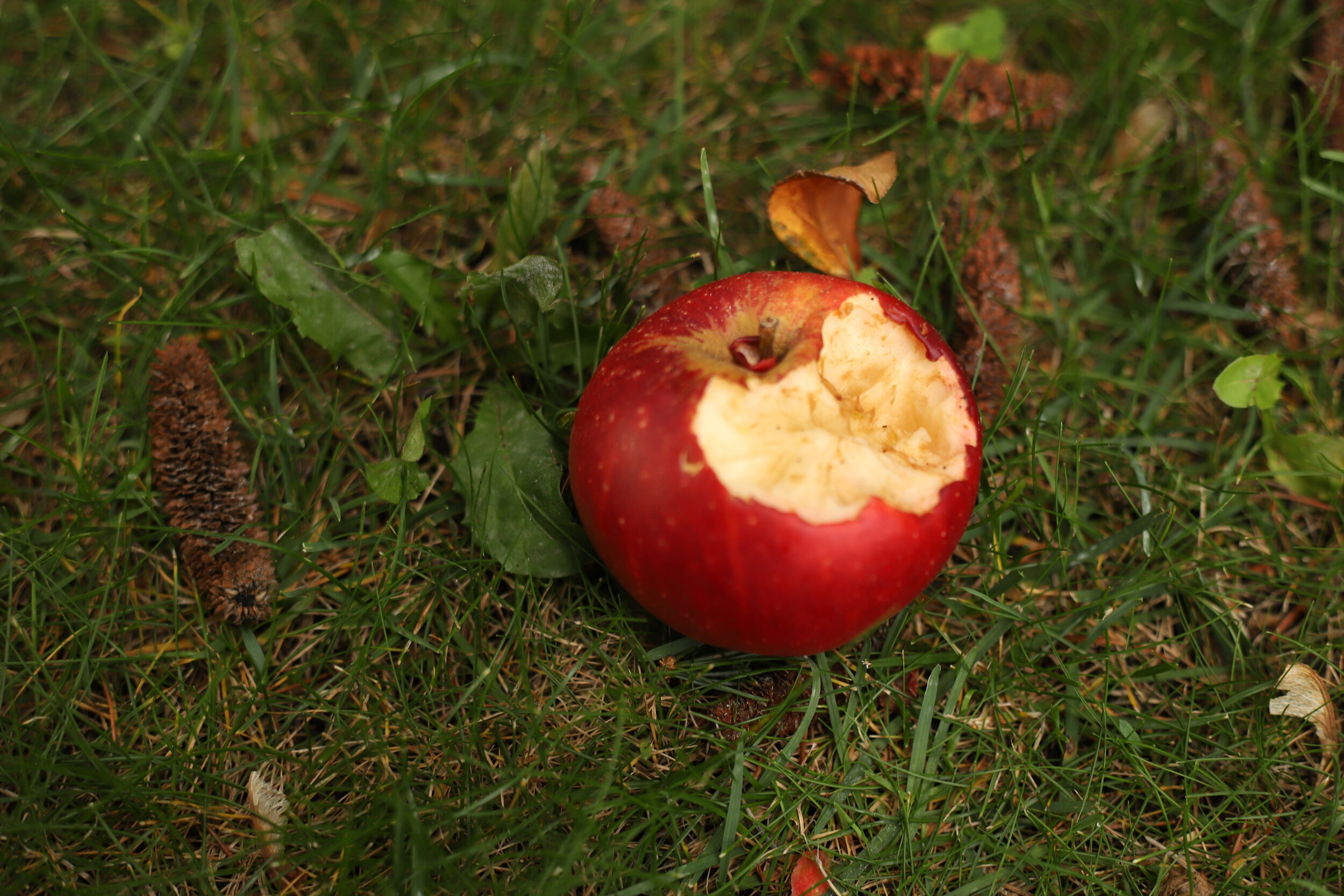Composting in Small Spaces
Michelle Blades
Why compost?
Creating and using your own compost will add valuable nutrients to your soil so that your One Small Garden can thrive. Rather than just letting detritus go to the landfill or into our water supply via the disposal, we can make use of resources we have right at home.
However, you may not have a large yard to create a big ol’ heap of happy microbes. But don’t let that stop you from composting in the small space you do have. You can accomplish a lot right in your own kitchen.
What should I compost?
For basic composting, you’ll want to use only plant-based materials in your collection.
Save your vegetable and fruit scraps and yard waste - they are a great place to start; but don’t overlook shredded and uncoated paper products and sawdust from untreated wood. A variation of plant materials in your compost can be beneficial as they all attract different microbes to break down the organic matter.
Be sure to stay away from animal products, however, as these things attract vermin, and that is not a shrew you want to tame! Meat, bones, dairy, or pet waste should be disposed of separately.
One big exception to this rule is that you can use eggshells in your compost. The shells add calcium to your final compost which helps build strong cell walls in your fruits and vegetables. (Use the shells only - save that eggy goodness for that Denver omelette you’ve been craving!)
Where to start with small space composting?
Our Counter Top Compost Catcher fits neatly - you guessed it - on the counter, under a sink or even on a balcony, if you have one. This little work horse will hold all of your plant-based kitchen scraps and keep any decomposition odors at bay.
After you fill your compost container, you can empty the contents onto a larger pile that you are building outdoors. Even with a small yard, you can build a compost heap that will nurture your garden in the next growing season.
You only need a 40” x 40” space to dump your kitchen compost and begin building some of the best soil amendments nature has to offer. To keep this compost contained, we suggest using our Two in One Composting Kit. (Remember how we suggested adding in some paper products? Worms love the adhesive in cardboard, and they do a lot of the heavy lifting in turning your scraps into nutrient dense soil. They will be naturally attracted to your outdoor pile, so give them something good to munch on!)
When is my compost ready to use?
Composting can take anywhere from a month to a year. You’ll know you have beautifully enriched soil when it is dark and smells earthy. You should not see any recognizable food stuff in your compost, but you might see wood bits or other items that are harder to break down. Just weed those out before placing your compost into your One Small Garden.
With the help of the soil that you grew yourself, your garden will flourish in the next growing season. And then you can feed your future compost with scraps from that harvest (queue the Circle of Life song here). What a great way to honor the entire cycle of the earth’s bounty in your small space!



